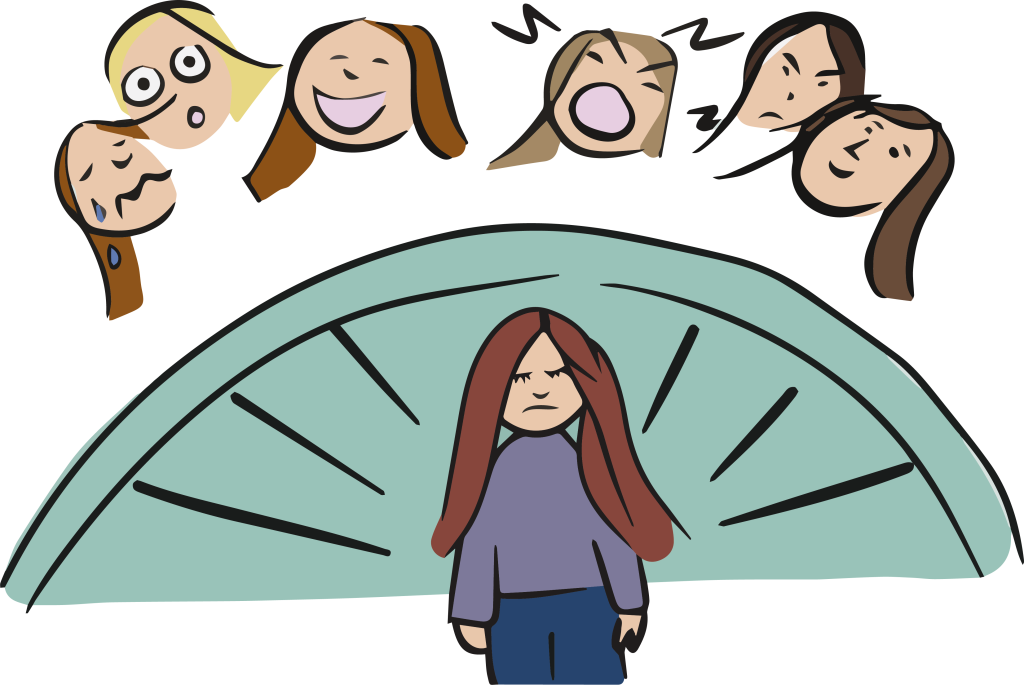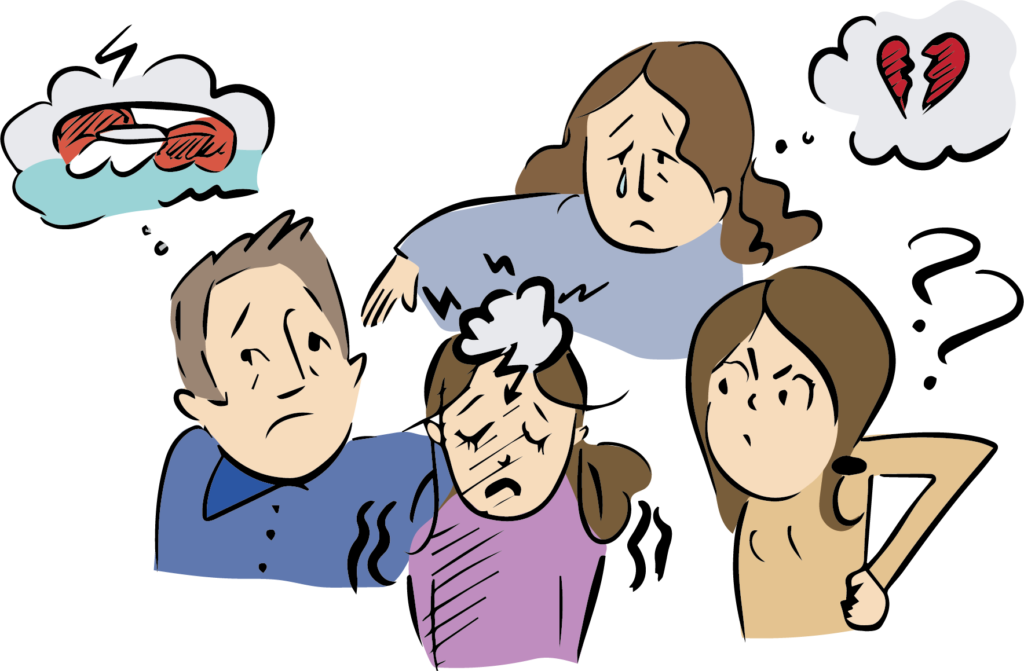
What is mentalization?
Mentalization is the ability to understand your own and others behaviour on the basis of mental states. Mental states can be feelings, thoughts, needs, goals and reasons. We all mentalize when we interact with each other but we are rarely aware of it.
Mentaliztion is usually an automatic process that we aren’t aware of. For example when the interaction is going easy and we are feeling good with each other. We aren’t conscious about it but we are constantly aware of our own and other’s mental states and we adjust our behaviour accordingly. It can be small changes in like facial expressions or the way we say things. Automatic mentalization release mental capacity to other things.

Why is mentalization important?
In the moment that conflict, misunderstandings or disagreement arises you can use controlled mentalization to reflect over your own and the other person’s mental state in the situation.
For example if you are eating dinner with your wife and she suddenly stops to talk, stops eating and avoid your gaze. In this moment you might stop and think: I wonder what’s going on. Did she get upset by something I just said? By considering these questions about what caused your wife’s behaviour you can ask her about it and together you can figure out what caused the misunderstanding.
Mentalization can be described as trying to understand misunderstandings. When you mentalize you have minds on your mind. Both your own mind and others mind. You look behind behaviour and consider what the reason for the behaviour is.

Learn more about mentalization
Here at Center for Mentalization we are proud to present our very own publications. They contain the most contemporary knowledge regarding the field of mentalization. The books contains both theoretical framework as well as real world exercises and tools for you to apply in your everyday life.
You can read more about our publications here.

If you wish to know more you can dive into our video universe containing informative and short introductions to the basics of mentalization. You can also explore a selected few of the exercises from the Mentalization Guidebook below.
